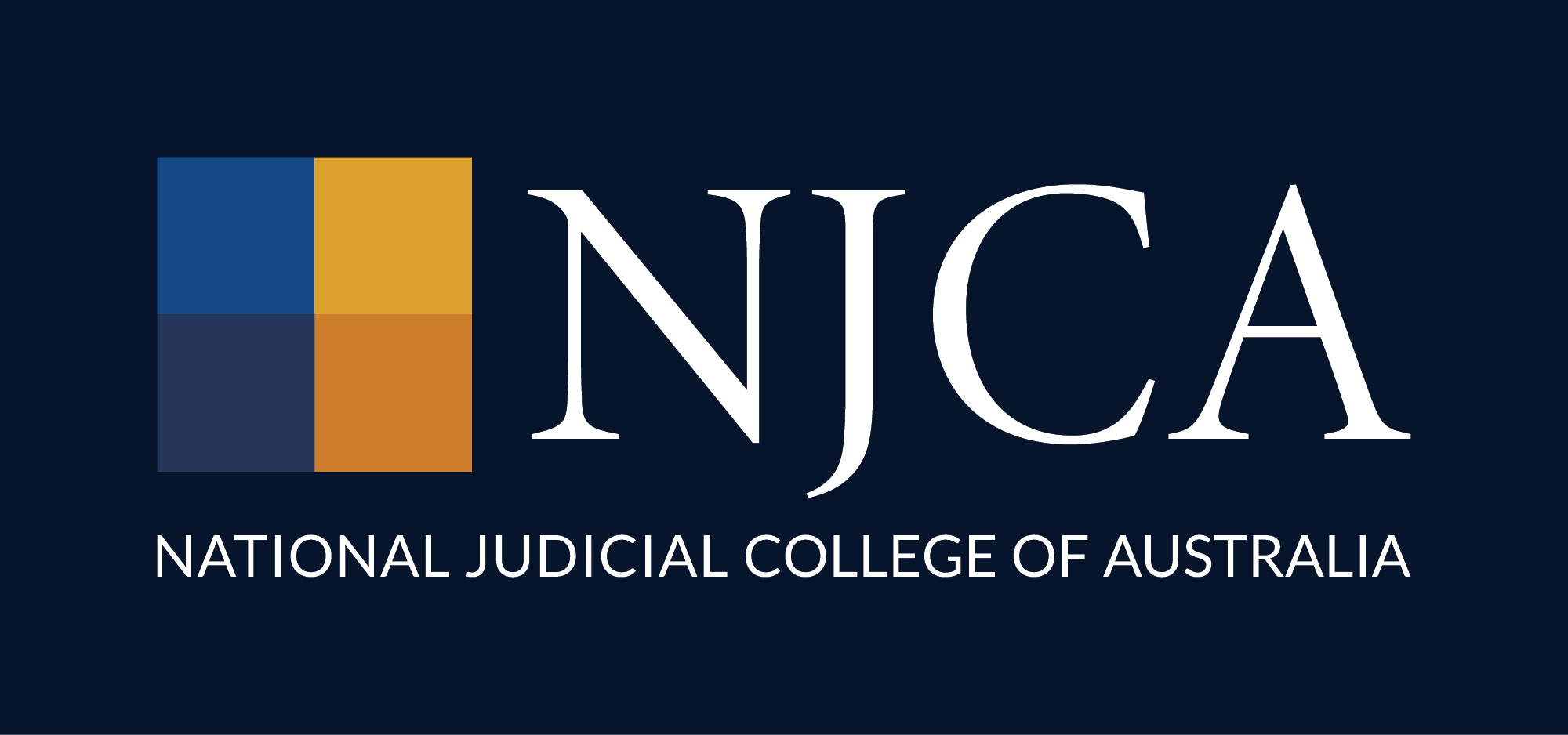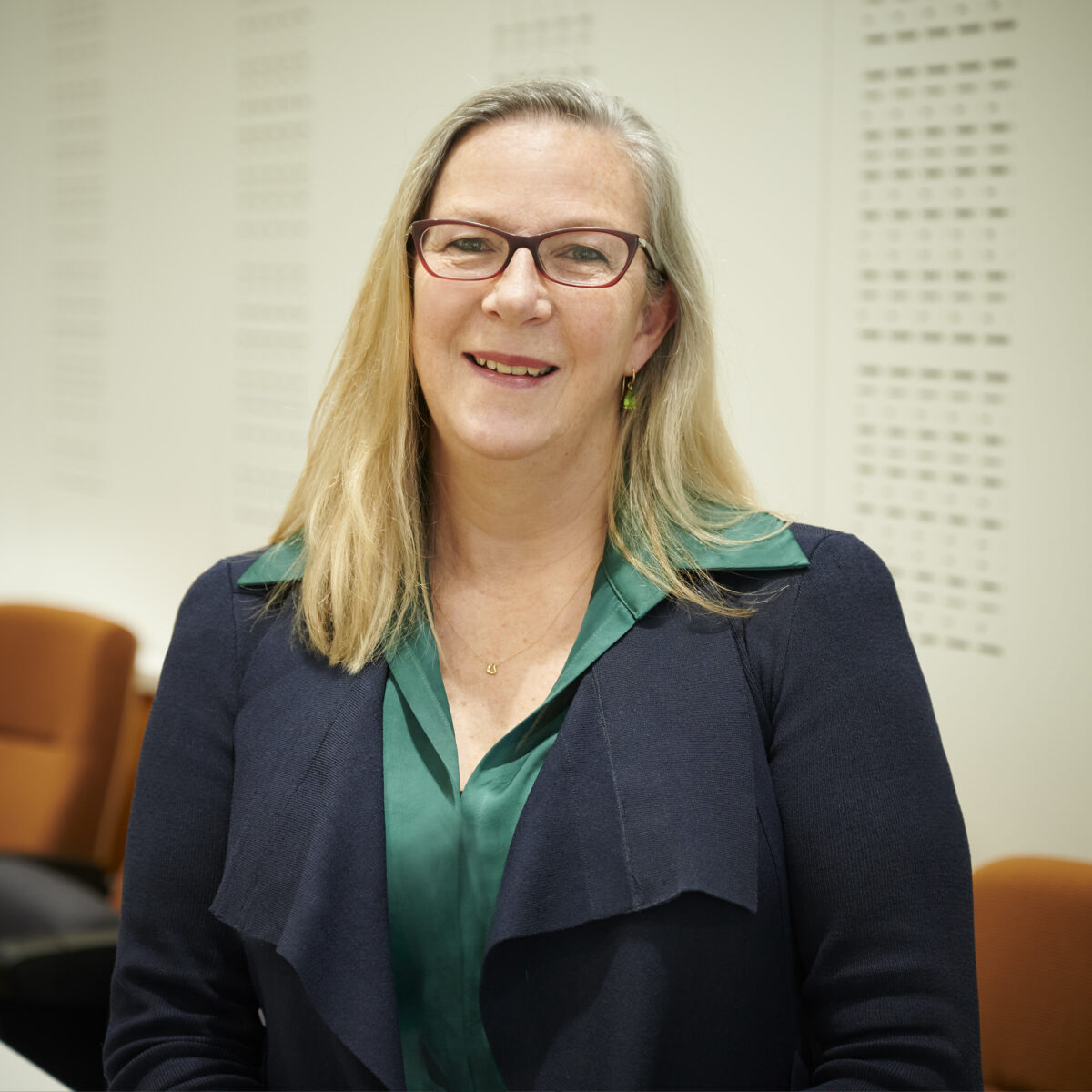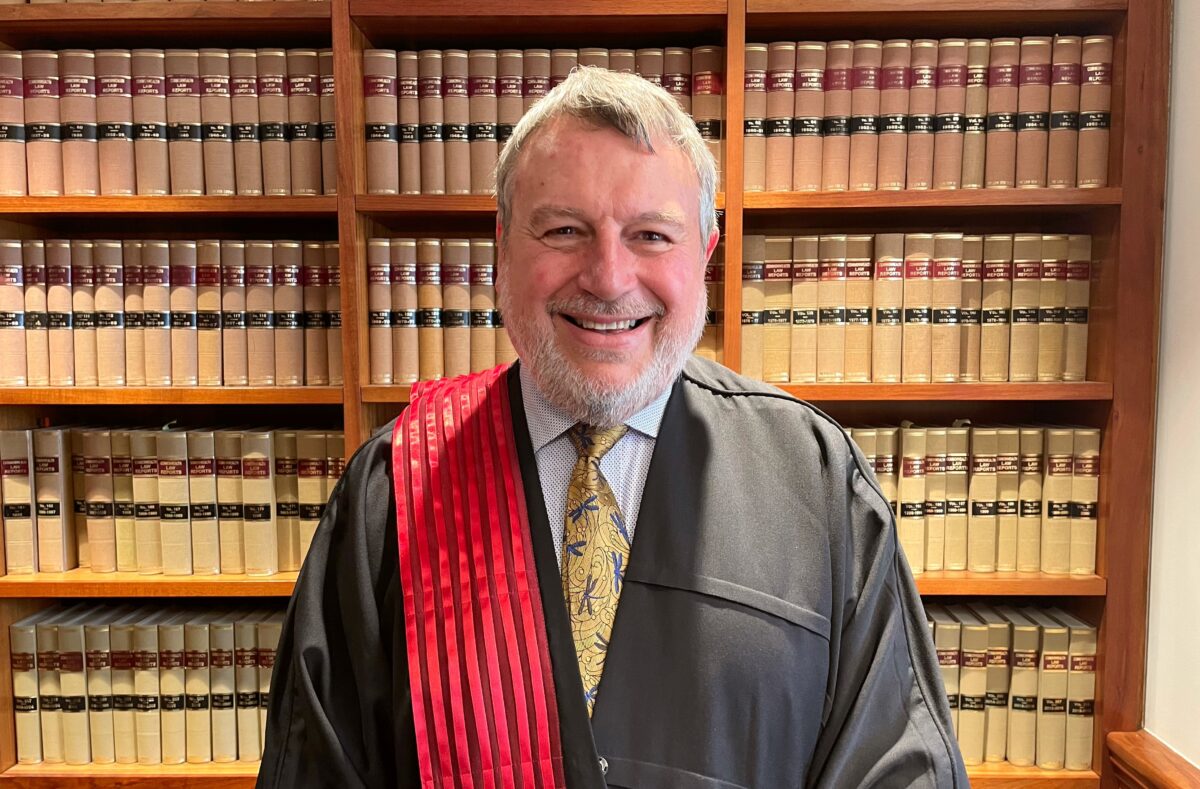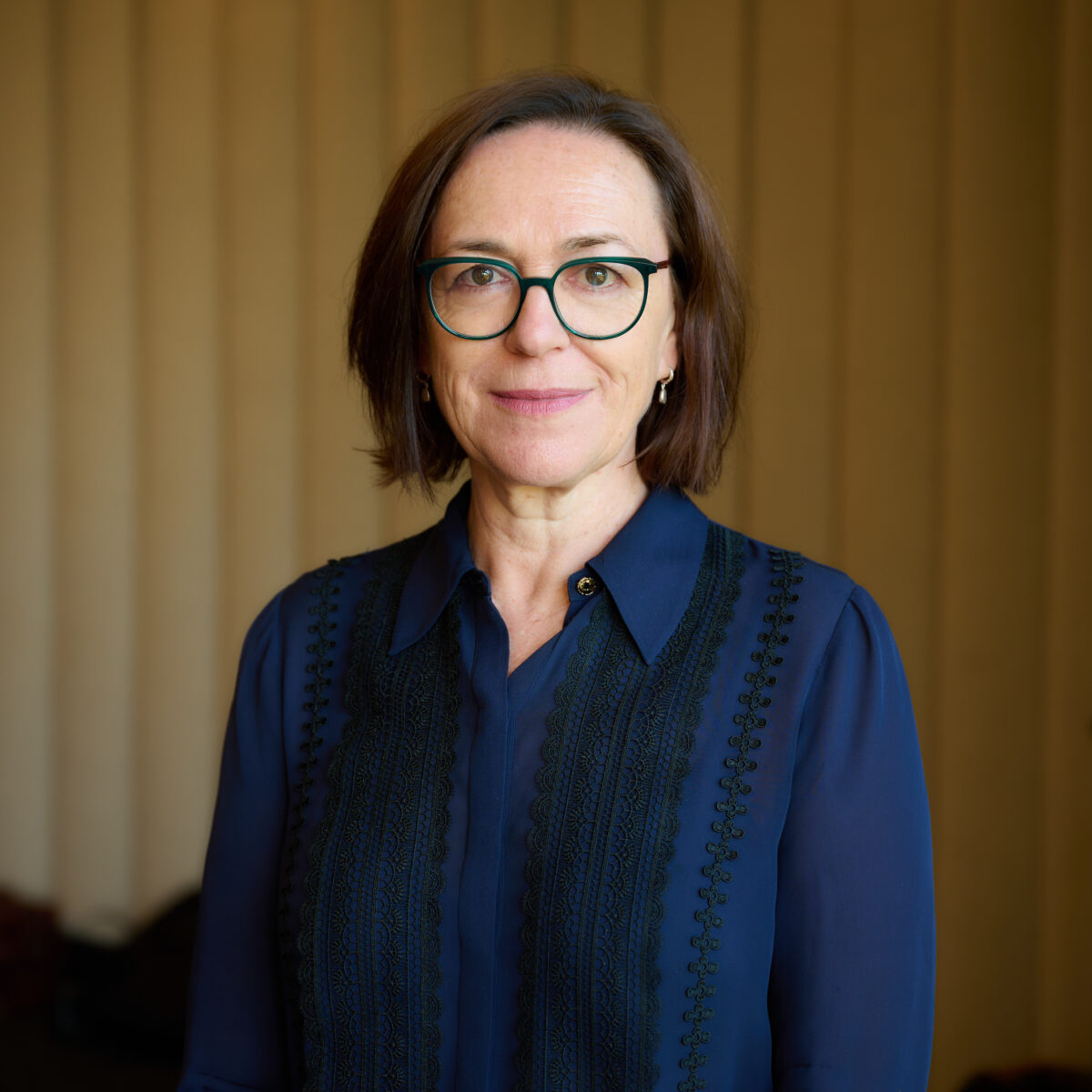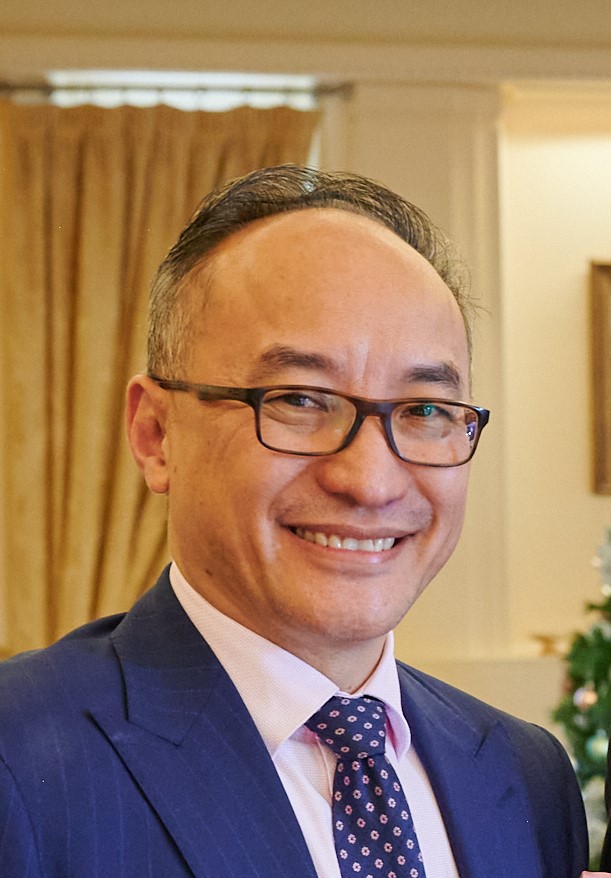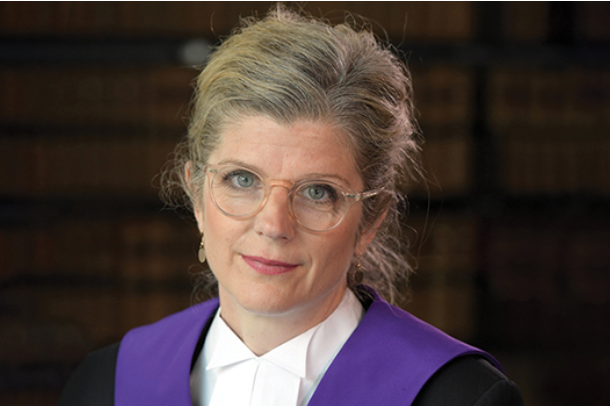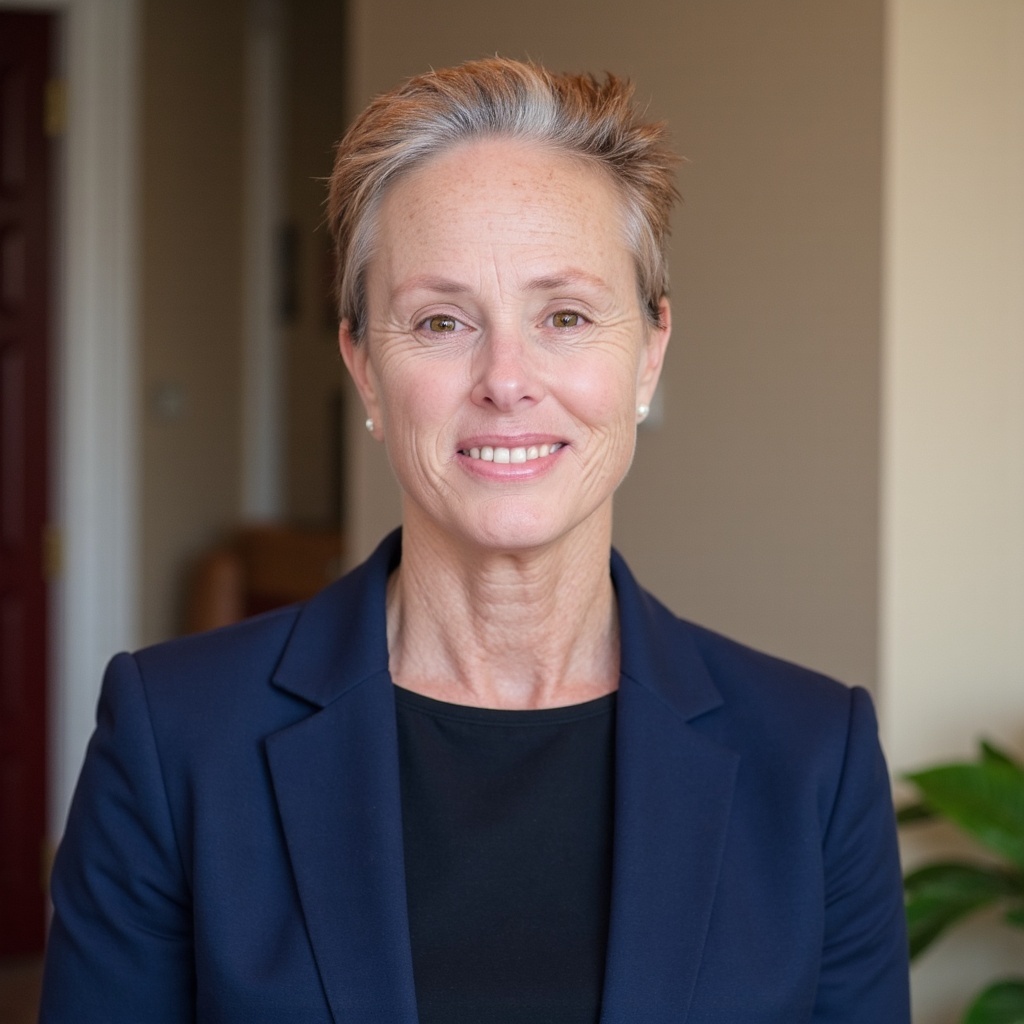The NJCA Council
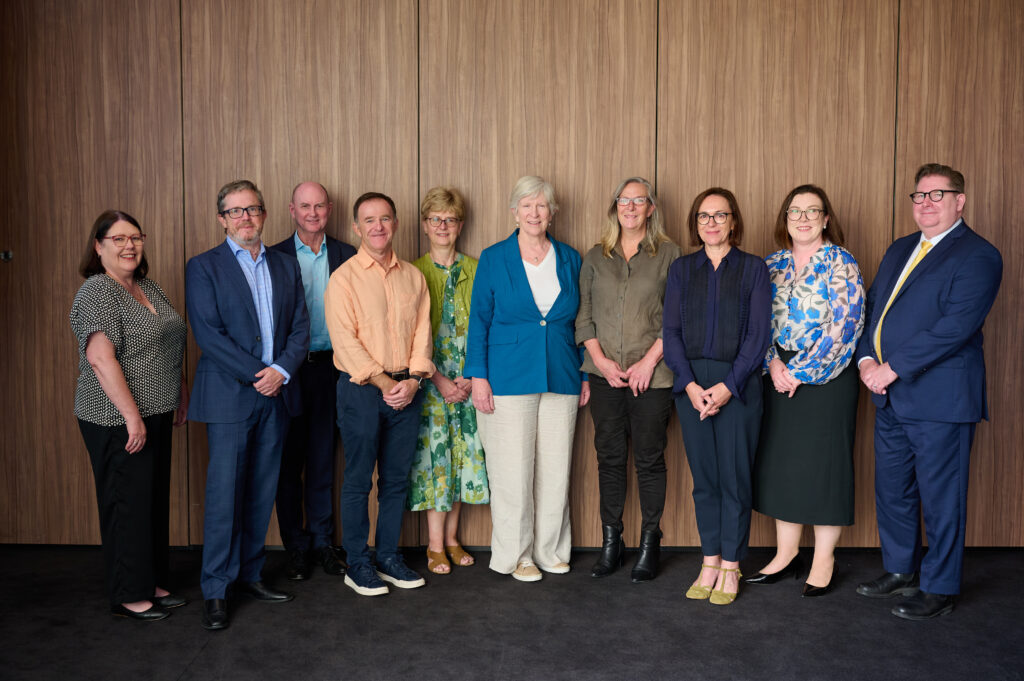
The Council is the governing body of the NJCA. It comprises five judicial officer members who are nominated and appointed by a prescribed appointing authority – a nominee of the Federal Courts, a nominee of the State or Territory Supreme Courts, a nominee of the District or County Courts, a nominee of the Magistrates or Local Courts, a nominee of the Commonwealth, State and Territory tribunals. Importantly, also on the Council are two non-judicial stakeholder appointments; a member nominated by the Commonwealth Attorney-General and a member nominated by Participating State and Territory Attorney’s-General. Each appointing authority may also appoint an Alternate Member.
The NJCA Council Chair is appointed by the Chief Justice of the High Court of Australia.
NJCA Program Advisory Committee
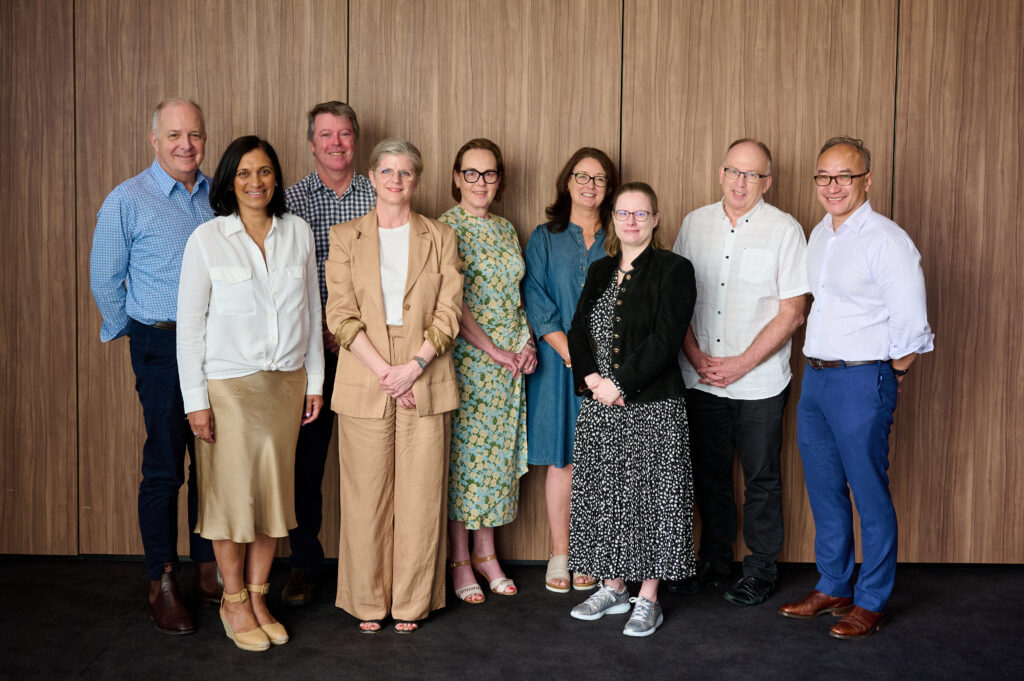
The NJCA Programs Advisory Committee (PAC) operates as the engine room of the NJCA.
PAC provides the NJCA Council with support in evaluating existing programs, as well as developing new programs, enabling the NJCA to draw on the expertise of a diverse range of stakeholders in developing its programs from across Australian jurisdictions and court hierarchies. PAC makes recommendations to Council on significant strategic program issues and oversees the work of the various NJCA Program Planning Committees.
NJCA judicial education and training programs are judge-led, reflect contemporary adult learning principles, are judicial officer centric in design and carry an experiential learning philosophy. Our programs provide participants with an appropriate balance of knowledge and understanding, alongside practical judge-craft skills, achieved through structured, small group discussion and hands-on practical exercises relevant to the program rationale and judicial learning outcomes.
The NJCA, as part of its overarching program development, the NJCA published the National Curriculum for the Australian Judicial Officer, a planning and competency framework to assist in designing and developing professional development programs for Australian judicial officers. In developing the National Curriculum, the NJCA PAC consulted judicial officers from around Australia. A copy of the National Curriculum is available through a separate portal on the NJCA main website page.

